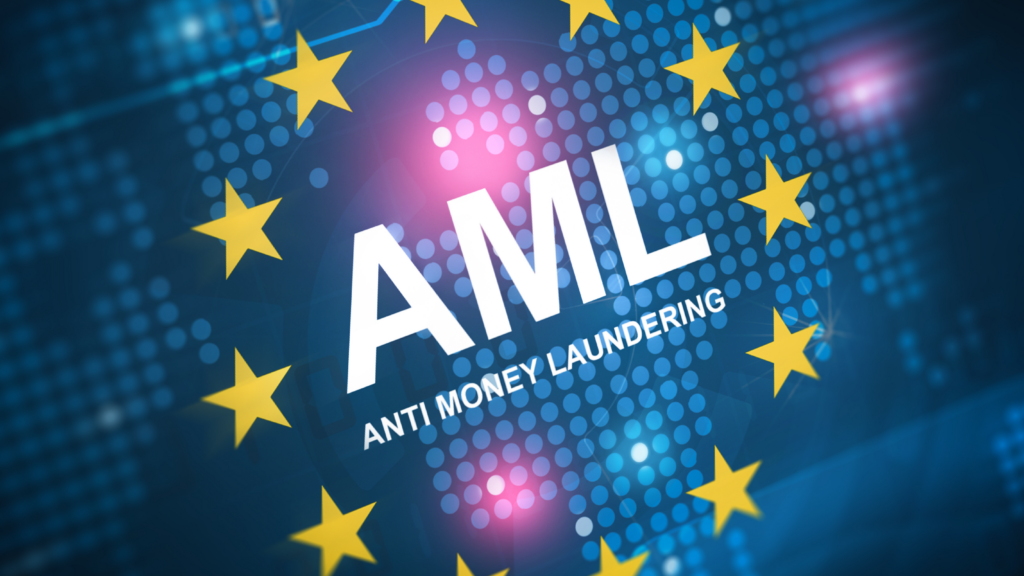Leila Hosseingholizadeh
Senior AML Compliance Expert
MBA in European/Asian studies, MSc. In Business Administration
-
 More than ten years of experience in the banking industry.
More than ten years of experience in the banking industry.
-
 Excellent communication and judgmental skills.
Excellent communication and judgmental skills.
-
 As a middle manager, she has successfully led cross-functional projects and developed the necessary skills to work across different departments.
As a middle manager, she has successfully led cross-functional projects and developed the necessary skills to work across different departments.
-
 She has implemented innovative methodologies, fostering movements toward essential changes and operational efficiency.
She has implemented innovative methodologies, fostering movements toward essential changes and operational efficiency.
-
 Experienced professional with a robust background in AML compliance, proficient in navigating complex regulatory landscapes and implementing AML measures to detect and prevent financial crimes, a proven track record in implementation of AML processes in support of AML strategies.
Experienced professional with a robust background in AML compliance, proficient in navigating complex regulatory landscapes and implementing AML measures to detect and prevent financial crimes, a proven track record in implementation of AML processes in support of AML strategies.
-
 Passionate advocate for sustainability.
Passionate advocate for sustainability.
-
 Her holistic perspective allows Leila to integrate sustainable practices into projects, ensuring ethical business growth and contributing to a greener future.
Her holistic perspective allows Leila to integrate sustainable practices into projects, ensuring ethical business growth and contributing to a greener future.
Published articles
The European Union will implement a transformative AML framework in July 2025, taking a significant step in the fight against money laundering and terrorist financing. This new package, already adopted in 2024 in response to persistent vulnerabilities in the financial system and the complexity of cross-border risks, offers an ambitious overhaul of the regulatory landscape.
Russia’s persistent efforts to bypass the oil price cap have prompted the European Union to take decisive action in its 15th sanctions package. This new set of measures targets loopholes that have enabled Russia to continue exporting oil and sustaining its revenues. By blacklisting 52 additional vessels—bringing the total to 79—the EU is focusing on Russia’s shadow fleet, a network of aging, underregulated ships central to its evasion strategies. This initiative has the potential to increase the cost and complexity of sanctions evasion while addressing the significant safety and environmental concerns associated with these high-risk vessels.
The Risk-Based Approach (RBA) is a foundational principle in modern anti-money laundering (AML) frameworks. It is about understanding the risks of money laundering and terrorist financing (ML/TF) within a business. By identifying and assessing these risks, the RBA supports an effective but also efficient allocation of resources to combat ML/TF effectively.




